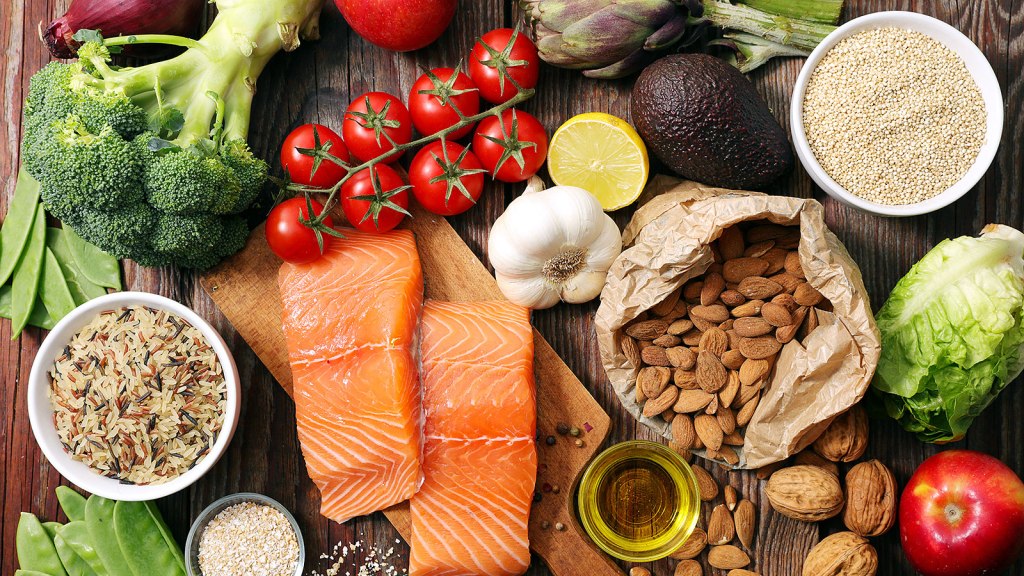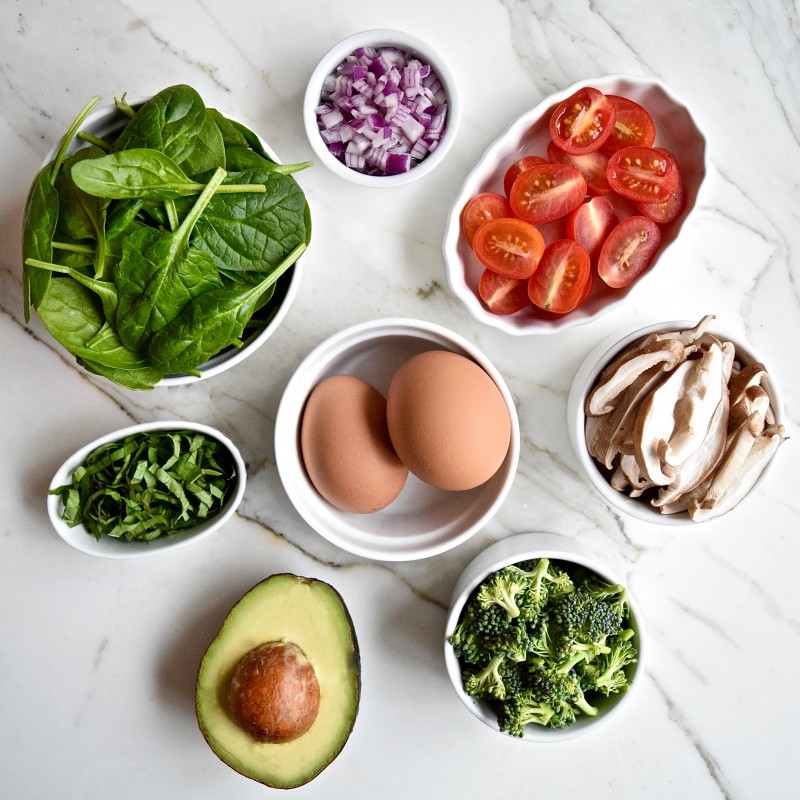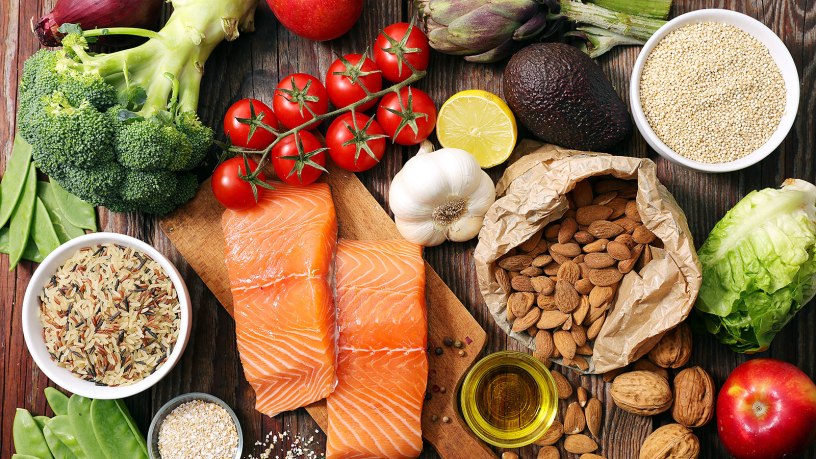Diet is the sum of food consumed by a person or other organism. The word diet often implies the use of specific intake of nutrition for health or weight-management reasons. The major concern is to always have a balanced diet, but how do you achieve this?

Food provides the body with a range of nutrients, some of which provide energy, while others are essential for growth and maintenance of the body. Food sources such as; carbohydrates, protein, and fats, are what make our diet and are measured in grams. How do you balance these macronutrients to achieve a balanced diet? Let’s break it down.
Carbohydrates; are made of sugars and starch with the sole purpose to provide energy. Dietary fiber is also a carbohydrate but it’s not for energy production. 1g of carbohydrate provides 4 Kcal {kilocalories} equivalent to 17kj. Dietary fiber provides a small amount of energy because its digestion takes place in the large bowel by resident bacteria. It provides about 2Kcal per gram.it is recommended to have meals based on starchy food. Carbohydrates should therefore provide at least 50% of dietary energy. This makes up to 130g per day based on the amount of glucose used by the brain. This is equivalent to about 420 kcal. An example of this could be a breakfast consisting of a cup of juice, two slices of toast with jam, or a bowl of cereal with half a banana and a cup of milk.
Proteins; can be sourced from animal products- meat, poultry, fish, and dairy products- and also plant products such as grains, legumes, and vegetables. To determine the amount of protein value in a diet it’s the nitrogen present in the total amount of protein in grams consumed. Just like in carbohydrates 1g of protein gives 4kcal on complete metabolism. Animal sources of protein are a better source of protein than plant sources. A sedentary adult should consume 0.8 grams of protein per kilogram of body weight. That means that the average sedentary man should eat about 56 grams of protein per day, and the average woman should eat about 46 grams. Basically, you should aim for anywhere between 10%-35% of your calories coming from protein if you consume 2000 calories per day.
Lipids; are basically made of fats and oils. Fat is solid and oil is in liquid state. Lipids are energy-dense fuel with twice more from carbohydrates and protein. 1g of fats produces about 9kcal, this is energy produced with both carbs and protein combined. Total fat intake should not make more than 35% of food energy and no more than 11% of saturated fats. Men should at least have 13.3% and women 13% of fat in a diet. This makes up to 44-77 grams per 2000 calories consumed per day.

Balancing a diet is important and it’s not going to be the same every time. Other factors such as illness, injuries, wounds, and pregnancy may vary how the consumption of these macronutrients. In either of the conditions mentioned above the amount of protein consumed has to be higher than carbohydrates. Also, excesses and deficiencies of these macronutrients have consequences to an individual’s health. Many people tend to ignore the nutritional information in processed foods yet it’s very important to know what you are consuming. Let me know if this article was helpful in the comment section below.
Hebron ❤❤❤

